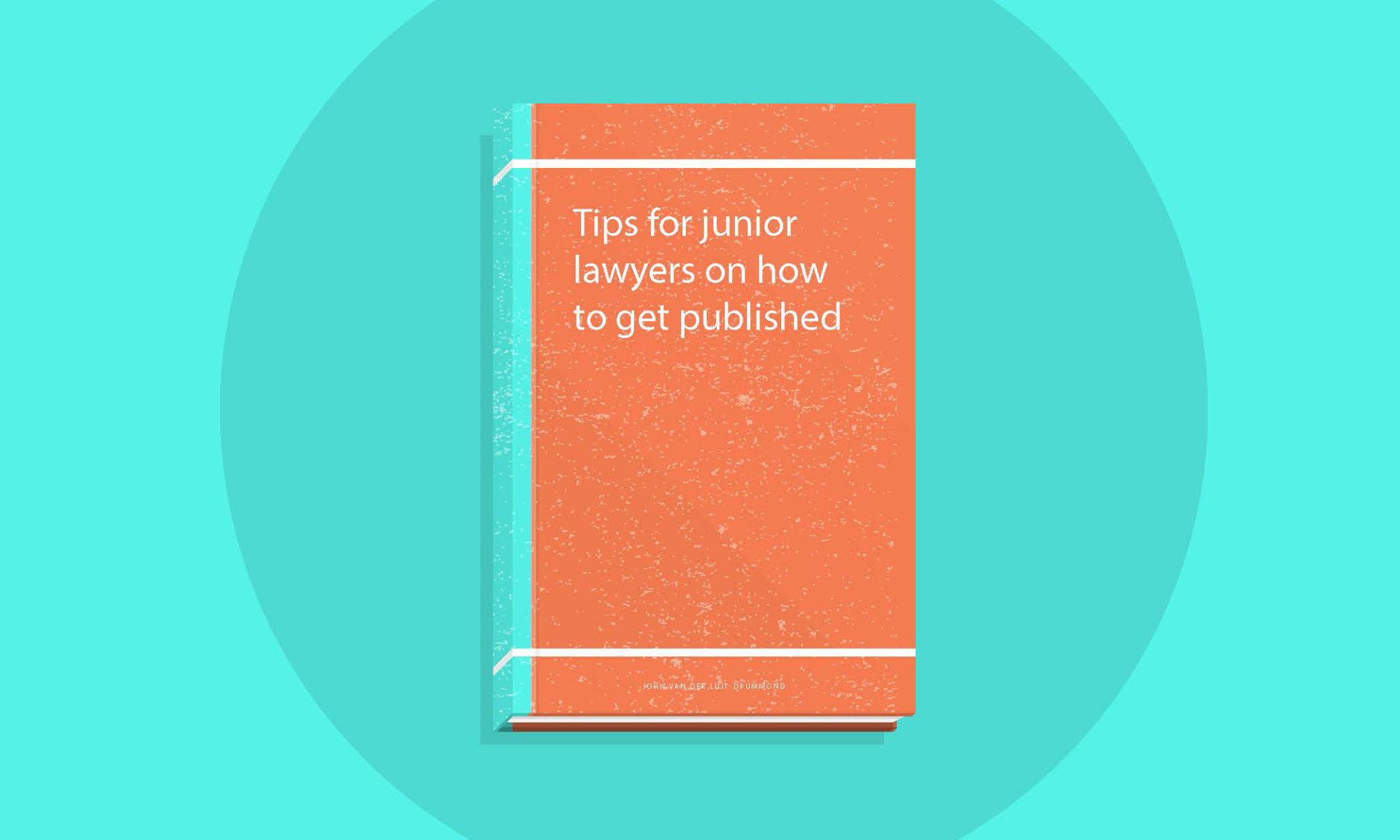There is a general perception that lawyers are bad at marketing themselves. Historically this is true, but things are changing for the better. In the hope of giving the next generation a leg up, this grizzled legal hack was invited to appear at the Young Barristers’ Committee’s annual workshop in June to talk about how junior barristers – those under seven years’ call – can better sell themselves to gain new work and clients.
Now, while the following tips were aimed at the junior Bar, they are just as applicable to UK solicitors, US attorneys or, indeed, lawyers almost anywhere else the world. In short, there are many ways you can promote yourself to obtain new work and enhance your reputation in the market. One of those ways is to be recognised by The Legal 500; another is to get yourself noticed by the legal and mainstream press.
How to get yourself noticed
A big part of any good journalist’s job is in identifying those potential new contributors who have something interesting to say; something different that readers would want to know about. As an example, most of you will know of The Secret Barrister; but what you might not know is that their first commissioned piece was with trade publication Solicitors Journal.
Now, that is not to say that without Solicitors Journal, The Secret Barrister wouldn’t have also been published in the mainstream press – The Newstatesman, The Independent, The Mirror and Huffington Post, among others – been named Independent Blogger of the Year (twice!), or become a best-selling author with their brilliant book Stories of The Law and How It’s Broken, but it was a first step on their path to global superstardom.
While The Secret Barrister may be the best, most recent example of what a lawyer can accomplish through the pages of the press, there are other practitioners whom you can draw inspiration from: solicitor David Allen Green, criminal barrister Matthew Scott, human rights practitioner Adam Wagner – the list goes on and you will be bound to have your own favourites.
Where do you see yourself?
The first thing you should do is figure out which publications to target: are you looking to appear in a trade title or have you set your sights on the mainstream press? And are you looking to write technical pieces or opinion pieces?
While every title is different, all are looking for the same thing: good content that no one else has. So, you lose nothing by emailing the relevant editor and pitching them an idea for a piece. Just be forewarned that it is wise to read the relevant editorial guidelines before sending in any unsolicited article for publication.
Whether your article is going to appear in print or online, there are limits on how much you can write. You’ll just end up creating more work for yourself and your editor if you send in a 4,000-plus word article when only 800 words is permitted. And please, don’t be precious with your copy. The editors you’ll be dealing with are experts in their field; they know what they’re doing and how to make your article the very best it can be.
It’s also important to write in a similar voice and style to the title you are targeting. How you would write for the Financial Times should not be the same way you would write for a specialist legal magazine, like Legal Business, where the legal sector knowledge of the average reader will be quite different. Remember who your audience is: are you writing for the general public, for industry leaders, or fellow lawyers?
With that in mind, the level of detail and complexity you put into a piece should correspond with the audience you are writing for. Most titles will provide guidance on this, but as a general rule it’s best to write in plain English – even when writing about the law to fellow lawyers. Just because lawyers are used to reading legalese doesn’t mean they want to do it all the time!
And, while it is not a hard and fast rule, I would suggest you consider your own level of expertise before targeting a particular title. For example, LawCareers.net, Lawyer2B, The Lex 100 or Legal Cheek will be much more open in hearing from a junior lawyer than, say, the FT.
Rent a quote?
What if you’re not interested in providing articles, yet still want to be quoted in the press? The first thing to do is reach out to the news desk and explain what your expertise is and that you are keen to provide the title with quotes on a range of topics.
Next, if called upon to provide quotes, then you need to need to (a) be responsive and (b) give the journalist something new to think about. Over
the years, journalists will accrue a go-to list of reliable contacts that they can call upon for quotes and articles. If all you can do is parrot what a more senior practitioner has said, or that can be found elsewhere, then that is not going to be good enough for the journalist. Have an opinion, back it up, and be confident enough to sell it to the reporter as being worth including in their piece.
It’s also worth following journalists on social media, that way when they publish a story you can comment on it directly via Twitter or LinkedIn. If they have written about the UK courts’ crumbling infrastructure, then tweet them examples of what you have seen first hand, such as leaking court rooms, closed robing rooms, missing defendants and translators; explain the impact these have on your job and the justice system. If there is one thing a journalist wants it’s an easy follow-up story to take to their editor and you may be able to provide that with your first-hand experience.
I can’t stress enough the importance of social media for journalists. Deadlines are tight; everyone is trying to be first with the story and provide instant reaction to it. Waiting for press releases or for contacts to get back to you can slow down a story. That’s why many hacks use Twitter to find comment within seconds of a story breaking. So, if you see a discussion on Twitter which you can add to, then get involved – the likelihood is that it will be noticed and your tweets used in a story.
Deep throat?
Finally, say you don’t actually want press attention for yourself, but you do have a story that needs to be told, what do you do? Well, reporters use anonymous sources all the time – and it’s not as if you have to meet them at night in a dark car park wearing a trench coat and sunglasses to be one! Email, call, or direct message them on social media explaining that you want to remain anonymous. If they can verify your story through other means then what you tell them can be used as background information.
Word of warning
Although I’ve extolled the virtues of social media, it can also be a curse for the unwary lawyer. More than a few barristers and solicitors who should have known better have been caught out by posting opinions in situations where they shouldn’t. This is usually always followed by a not-too-favourable story about the ‘controversial’ comments some ‘top lawyer’ said online. The majority of journalists covering legal issues are looking for something more substantial to write about; others are quite happy to write the salacious.
So, while social media and the press can help advance a lawyer’s public profile, they can also hurt it. My advice is that before posting or submitting anything for publication – especially anything that might be deemed controversial – you should sit on it for ten minutes, read it through again, and be sure nothing you have written could be misconstrued. And finally, don’t drink and tweet – that road leads to ruin!

